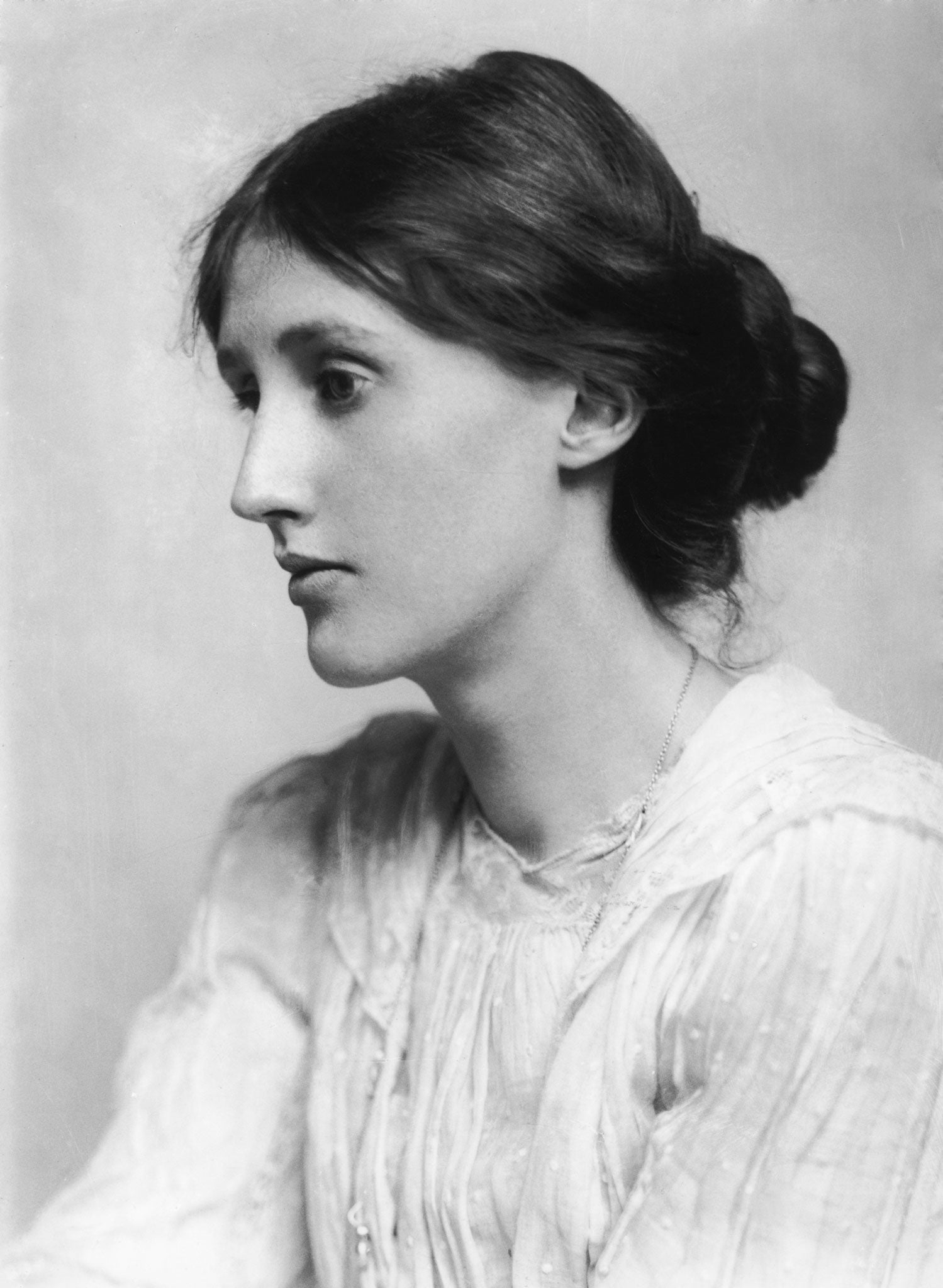A Room of One's Own by Virginia Woolf, book of a lifetime: This clever satire still beguiles

As a conventional teenage girl of the 1970s dressed in Laura Ashley prints, I had little knowledge of feminist texts and found those I had come across beyond my sheltered experience. At the same time, nothing infuriated me more than some male of my acquaintance asserting that women were intellectually inferior to men.
Where were the great female musical composers?, they'd ask, as if this nailed the matter. The great female artists? I'd struggle to suggest examples. At least when it came to literature I could say Jane Austen, the Brontës, George Eliot, but these names were still only a handful and I didn't know enough history to commandeer a fuller answer. In due course I read and re-read Germaine Greer's The Obstacle Race about female artists, but it was Virginia Woolf's famous essay about women writers that first provided me with the ammunition I required.
It seemed a little sepia-tinted, but the ease and the literary vision with which she delivered her clever satire about male society still beguiled. First she imagined herself as a guest at "Oxbridge" university, where she considered why dinner at the new women's college was such a frugal affair compared to the splendid repast provided by the wealthy male institution next door.
Next she prowled the British Library reading room, examining the misogynistic tomes that damned women.
Finally she pondered how a genius sister of Shakespeare might have fared in Elizabethan London, concluding that poverty, unwanted pregnancy and suicide would have been her likely fate. Woolf demonstrated to my 16-year-old self how through history woman had been under-educated, denied legal and economic independence, while the round of pregnancy and child-rearing had consumed her creative life.
What I loved about Woolf's polemic was the sense of a great intellect at work, and yet righteous anger burned below the unruffled surface. Woolf's essay led me on to read a broader range of feminist texts – Greer, Kate Millett, Doris Lessing. Recently I listened to Juliet Stevenson read the A Room of One's Own in clear, elegant tones that might have been Woolf's own, and all my delight in it came rushing back.
Rachel Hore's new novel, 'A Week in Paris', is published by Simon & Schuster
Subscribe to Independent Premium to bookmark this article
Want to bookmark your favourite articles and stories to read or reference later? Start your Independent Premium subscription today.

Join our commenting forum
Join thought-provoking conversations, follow other Independent readers and see their replies